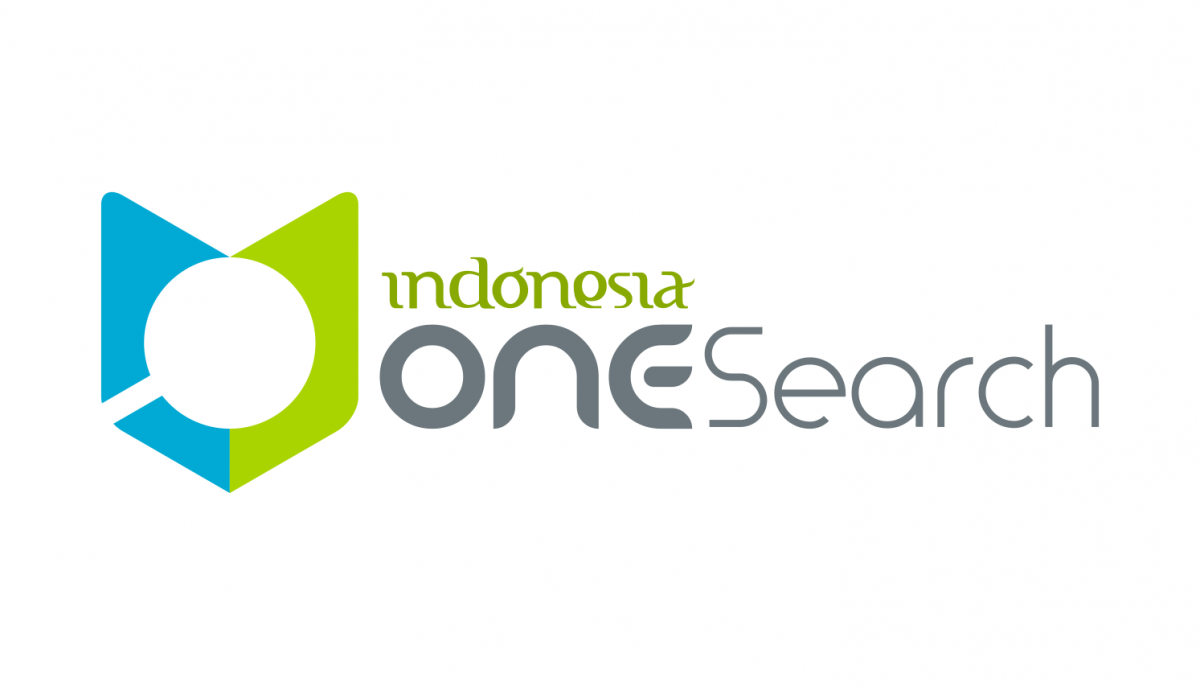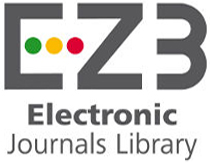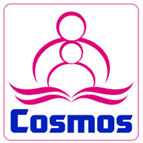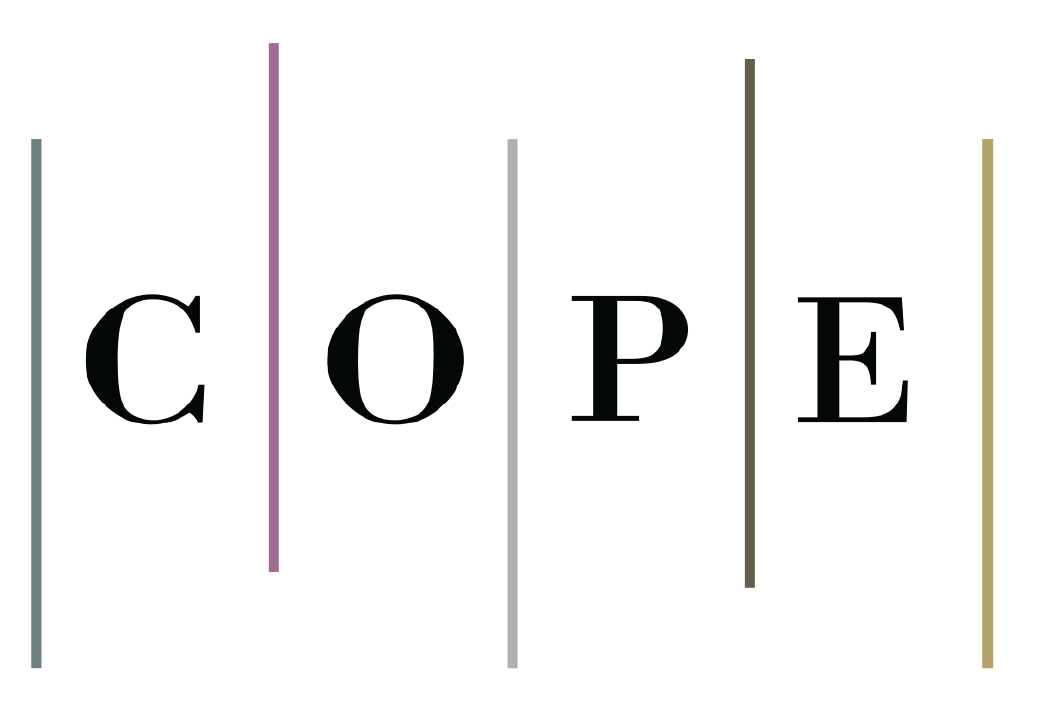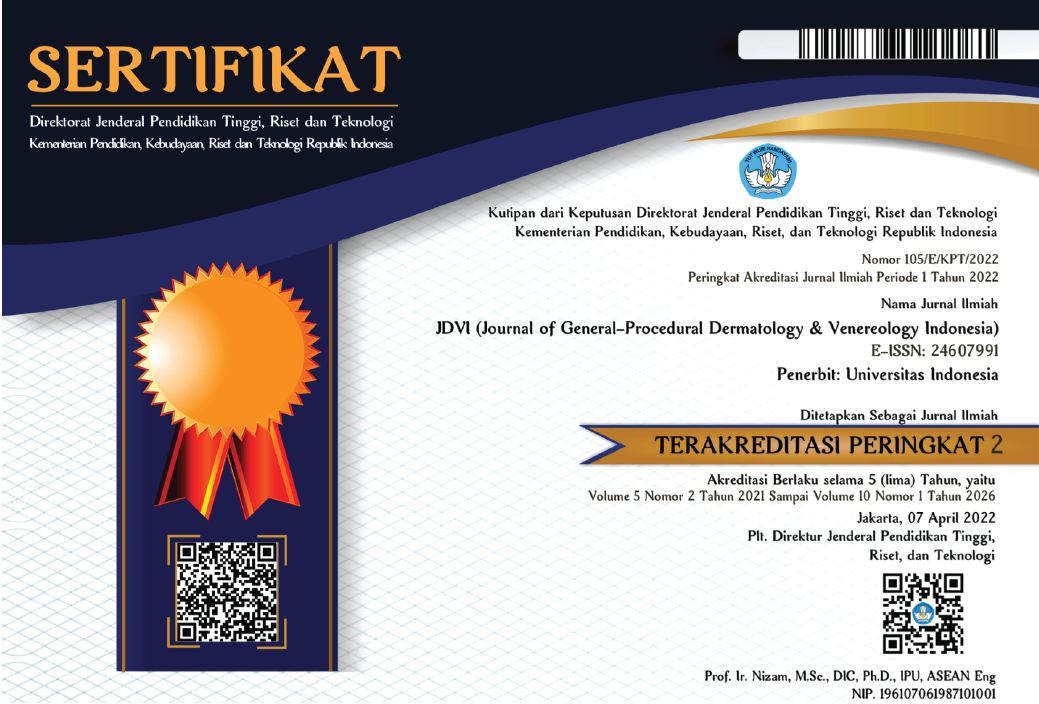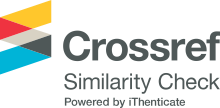Abstract
Background: Being the most commonly found sexually-transmitted infection (STI), anogenital warts are mainly caused by human papilloma virus (HPV) type 6 and 11. These infections are often recurrent, leading to loss of time and medical expenses. Various therapeutic modalities can be chosen singularly or in combination with varying results. Treatments with less responsive results usually occur when acquired comorbidities are present, such as HIV infection.
Case Illustration: A 28-year-old homosexual male was reported to have a recurrent perianal wart for the duration of eight months. He was also diagnosed with AIDS and pulmonary tuberculosis. Initially, patient was treated with 25% podophyllin tincture, but there was no improvement. Patient was known to still practicing high-risk sexual behavior. After six treatments of TCA, the warts shrank gradually and no new warts had grown.
Discussion: It was found that there is a strong relationship between high incidences of genital warts with reduced immune function due to by HIV infection. Patients infected with HIV will often experience recurrence and needs longer treatment. In this case ARV treatment is given and followed by increase in CD4 count, thereby increasing the effectiveness of the treatment of perianal warts.
Conclusion: As recommended by clinical guideline in Indonesia, 90% TCA is proven to be effective in treating recurrent anogenital warts in this case. It is important to counsel the patient regarding the sexual behavior for him and his sexual partner, as it will affect the patient’s prognosis significantly.
Recommended Citation
Menaldi, Sri Linuwih SW; Anggraini, Ika; and Nilasari, Hanny
(2019)
"Recurrent perianal wart therapy with 90% trichloroacetate (TCA) solution in AIDS patients,"
Journal of General - Procedural Dermatology and Venereology Indonesia: Vol. 3:
Iss.
2, Article 3.
DOI: 10.19100/jdvi.v3i2.151
Available at:
https://scholarhub.ui.ac.id/jdvi/vol3/iss2/3
Included in
Dermatology Commons, Integumentary System Commons, Skin and Connective Tissue Diseases Commons















